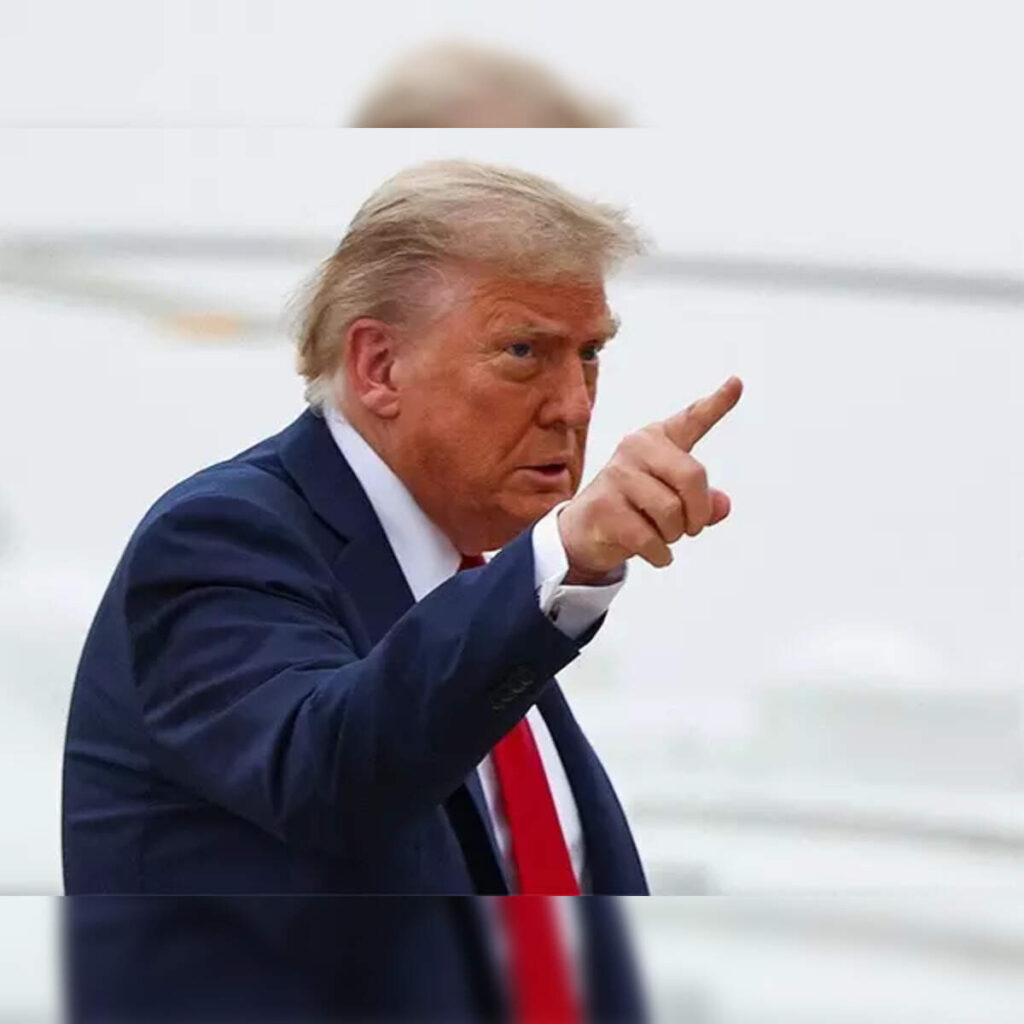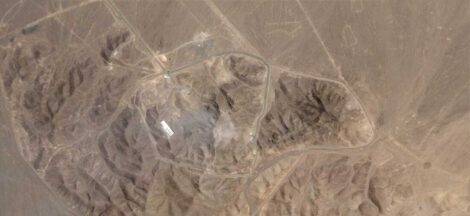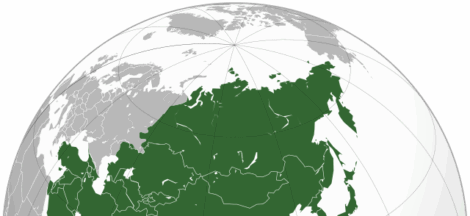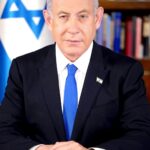US President Donald Trump asserted on 25 June in The Hague that he had prevented a nuclear conflict between India and Pakistan through a series of phone calls, warning both governments that any resumption of hostilities would derail lucrative US trade deals. He described the situation as “the most important of all” and said his warnings led both nations to reconsider escalation.
Trump lauded Pakistan’s Chief of Army Staff, Field Marshal Asim Munir, calling him “impressive” and revealed that Munir visited the White House following his conversation with Indian Prime Minister Narendra Modi, whom Trump praised as “a great friend… a great man,” claiming their intervention helped defuse tensions. He added that after his interventions, “they said, no, I want to do the trade deal,” implying that fear of losing economic benefits stopped the conflict.
New Delhi, however, has categorically denied any US mediation. In a 35‑minute call on 17 June, Narendra Modi reportedly told Trump that the ceasefire came about through direct contacts between the two militaries and “did not and will never accept” third‑party involvement. Indian Foreign Secretary Vikram Misri reiterated that no trade talks occurred during the de‑escalation process, underlining that military‑to‑military engagement, initiated by Pakistan, was the sole basis for the ceasefire.
Pakistan, conversely, has shown gratitude to both Trump and Munir. Islamabad is formally nominating Trump for the 2026 Nobel Peace Prize in recognition of his claimed mediation role. Critics in Pakistan and beyond, however, have accused Trump of hypocrisy given his aggressive stance in other theatres, notably approval of airstrikes against Iran, prompting backlash and calls within Pakistan to rescind the Nobel nomination.
This dispute over diplomatic credit draws attention to broader geopolitical contestation. Trump’s meeting with Munir and praise for strong-arm leadership have stirred speculation about a shifting US‑Pakistan relationship, prompting concerns in India. Analysts note that renewed US ties with Islamabad risk destabilising Washington’s strategic rapprochement with New Delhi, especially as both nations counterbalance China.
Experts also warn that Trump’s narrative may represent more political theatre than real diplomacy. Michael Kugelman of the Asia Pacific Foundation suggests such claims could strain US‑India ties: “For Delhi, it all boils down to… how much can it tolerate US‑Pakistan cooperation without having it spoil US‑India relations”.
The factual chronology is clear. The four‑day escalation of drone, missile and artillery exchanges in early May was halted on 10 May through de‑escalation protocols. Pakistan had initiated DGMO‑to‑DGMO communication, and international actors like the G7, UN and several nations called for the cessation of hostilities. Trump is said to have reaffirmed his position post‑summit, shifting his tone to attribute credit to Modi and Munir.
At his NATO summit press briefing, Trump expanded his claims, suggesting his de‑escalation efforts spanned multiple global flashpoints—from India‑Pakistan to Kosovo‑Serbia and conflicts in the Congo and Rwanda—adding that “nobody’s ever done anything like this”. He dismissed any expectation of a Nobel accolade, insisting he would not receive one despite the diplomatic interventions.
This episode highlights a collision of narratives: Trump’s portrayal of himself as a peacemaker leveraging economic diplomacy, Pakistan’s formal embrace of that narrative, and India’s firm stance rejecting external mediation. The stakes extend beyond one diplomatic spat, reflecting underlying tensions in regional alignments, trade policy, and the evolving role of third-party power brokers in South Asian crises.



 Trump Demands Trial of Netanyahu Be Immediately Halted
Trump Demands Trial of Netanyahu Be Immediately Halted 